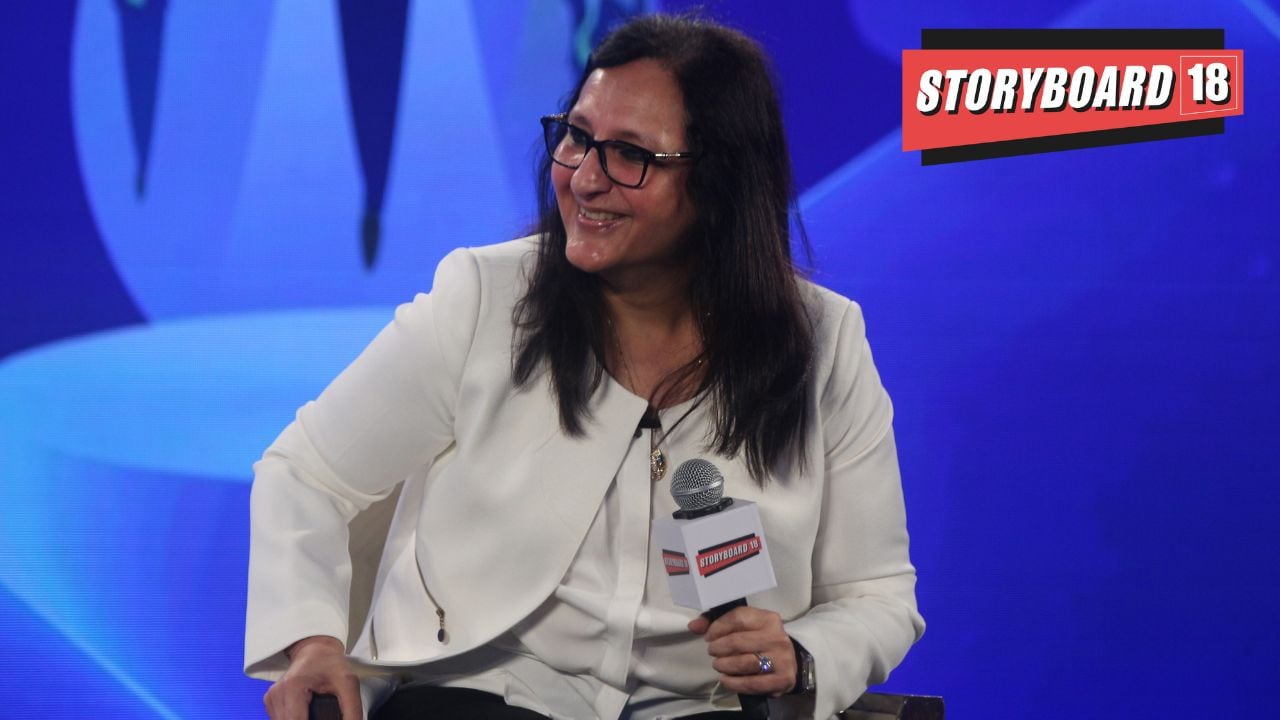As global corporations navigate increasingly polarized political landscapes, many are quietly stepping back from their once-public commitments to Diversity, Equity, and Inclusion (DEI). British advertising behemoth WPP is the latest to do so, with its 2024 annual report scrubbing all mentions of “diversity, equity and inclusion” – a stark shift from the previous year, when the term appeared 20 times. The change in language, replaced by more neutral phrasing such as “people and culture,” comes as DEI programs face mounting scrutiny in the United States, particularly from the Trump administration.
Major players like JPMorgan Chase, Morgan Stanley, Citigroup, Coca-Cola, PepsiCo, Deloitte, Disney, Goldman Sachs, Meta, Alphabet, Amazon, Google, and Accenture have also either scaled back their DEI programs, rebranded them under softer terms, or removed public commitments altogether. This collective retreat signals a broader recalibration in the corporate world.
Shortly after assuming office, Donald Trump signed executive orders dismantling DEI mandates across federal agencies. These policies not only shut down DEI offices within government bodies but also extended pressure to foreign companies. The Financial Times recently reported that U.S. embassies in the EU sent letters to several major corporations demanding compliance with Trump’s anti-DEI executive order. The correspondence warned that even non-U.S. firms supplying the U.S. government must certify that they do not operate programs in violation of federal anti-discrimination laws.
Read More:Eyes wide open: The complex dance of meritocracy and diversity in corporate India
Yet in this backdrop of corporate retreat, voices like that of Hina Nagarajan stand out. Speaking at Storyboard18’s Global Pioneers Summit on March 28, Nagarajan, the first woman to lead a major spirits company in India as MD CEO of Diageo India, reaffirmed her company’s commitment to DEI—insisting that Diageo would not dilute its values in the face of shifting political winds.
While many companies worldwide are scaling back their Diversity, Equity, and Inclusion (DEI) initiatives, it seems diversity and inclusion remain deeply ingrained in Diageo’s strategy, regardless of external pressures.
Since 2017, Diageo India’s workforce diversity has grown from 7.5 percent to nearly 30 percent, with over half of its executive committee now composed of diverse representation. But Nagarajan emphasized that statistics alone are not enough. What matters is building a truly inclusive culture – something Diageo is doing through targeted training, active employee resource groups, and progressive workplace policies.
Diageo boasts several examples of inclusive policies. The company has medical insurance irrespective of the sex of the partner, it has policies for menopause, for women who’ve had miscarriages, and for persons with disabilities or on the spectrum. “I think that is helping us create that inclusive environment that we want to make ourselves accountable for – creating the most diverse and inclusive company there is to be. Lastly, we have to have a very intentional mindset of taking bets on people – making sure that we put people there, and then we develop them for success.”
Nagarajan also highlighted the importance of leadership commitment as a foundational element. “Leadership commitment, along with clearly defined goals that are rigorously monitored, is key. These goals are embedded in our leadership accountability, meaning our leaders are evaluated on them at the end of the year.”
For Nagarajan, inclusion is also personal. She candidly shared the struggles she faced in breaking into the boardroom and the moments of self-doubt that nearly derailed her career. “I would always ask, ‘If you don’t give a woman her first chance, how will she ever gain experience?’”
She recounted a defining conversation with a mentor at Nestlé. “When I had my children, I requested a role change to slow down my career. My mentor told me, ‘That’s a ridiculous decision. I never asked whether you could travel or not—why are you holding yourself back?’ I insisted I needed to step back, and he allowed it. A year later, he saw me and asked, ‘Are you done acting like an old woman? Are you ready to come back into the real working world?’ When I said yes, he entrusted me with a major role.”
That experience, she said, now fuels her resolve to uplift others. “I’ve been fortunate to have mentors who believed in me, and that gratitude drives my passion to do the same for others—to intentionally create opportunities and take chances on people.”
As DEI becomes an increasingly loaded term, her message is simple: inclusion must remain non-negotiable.
Read More:Colgate-Palmolive’s Prabha Narasimhan on prioritizing integrity in business
